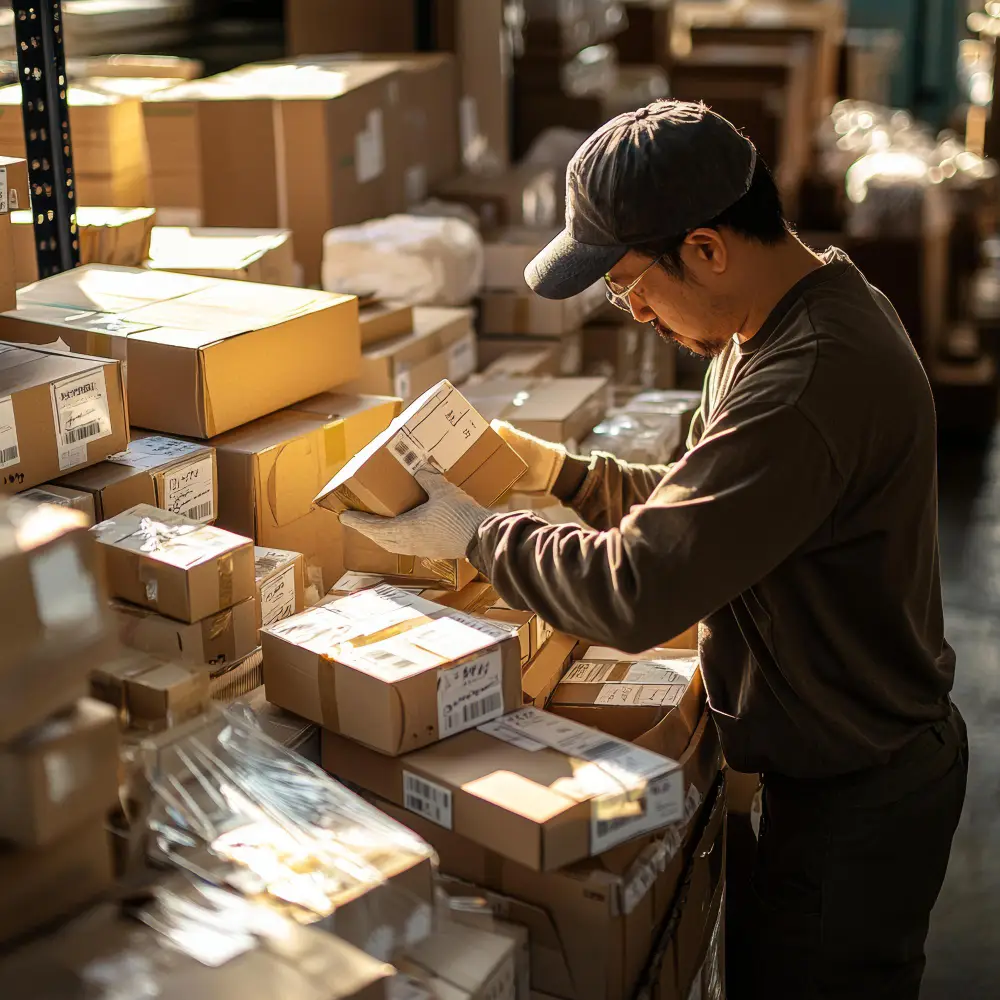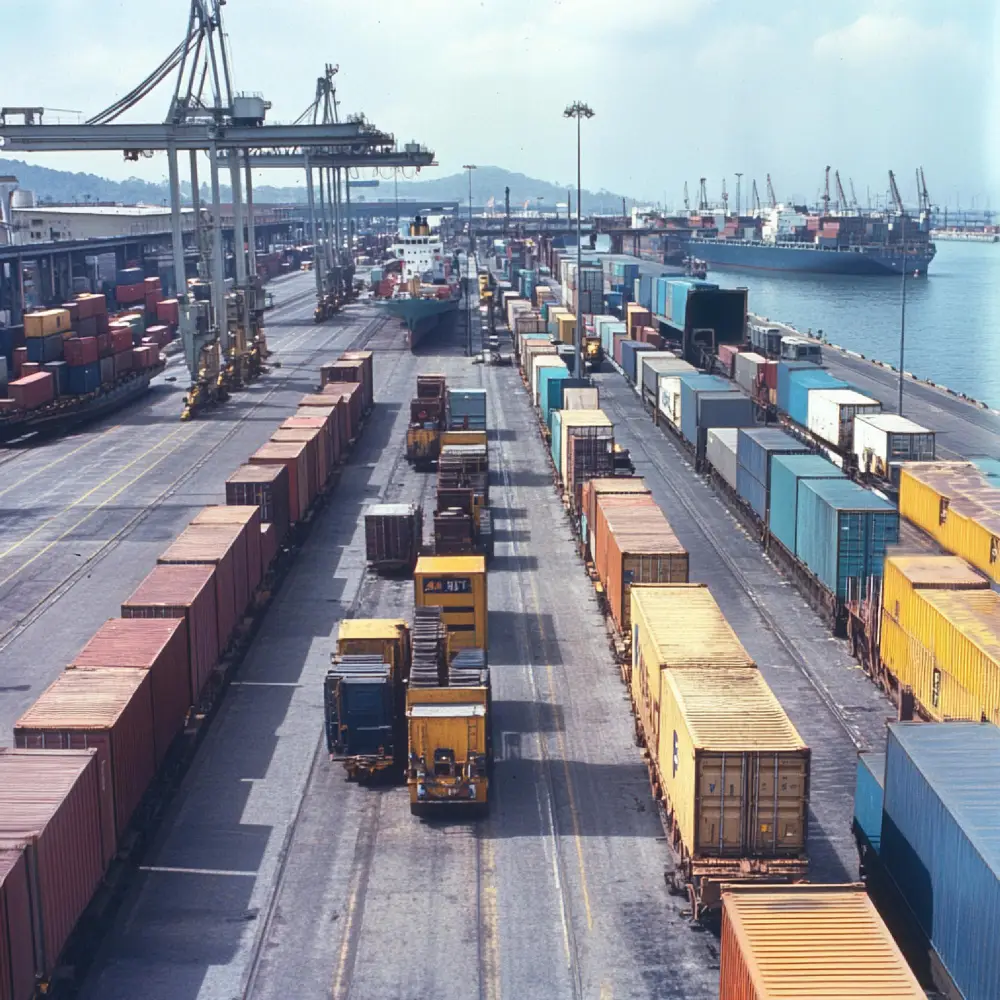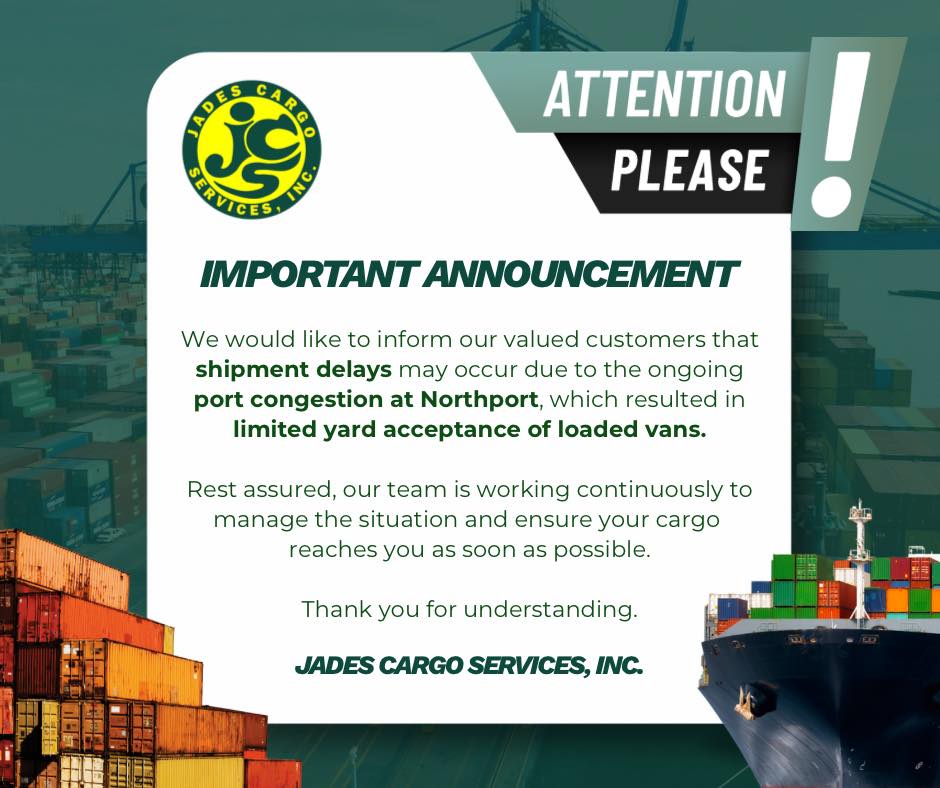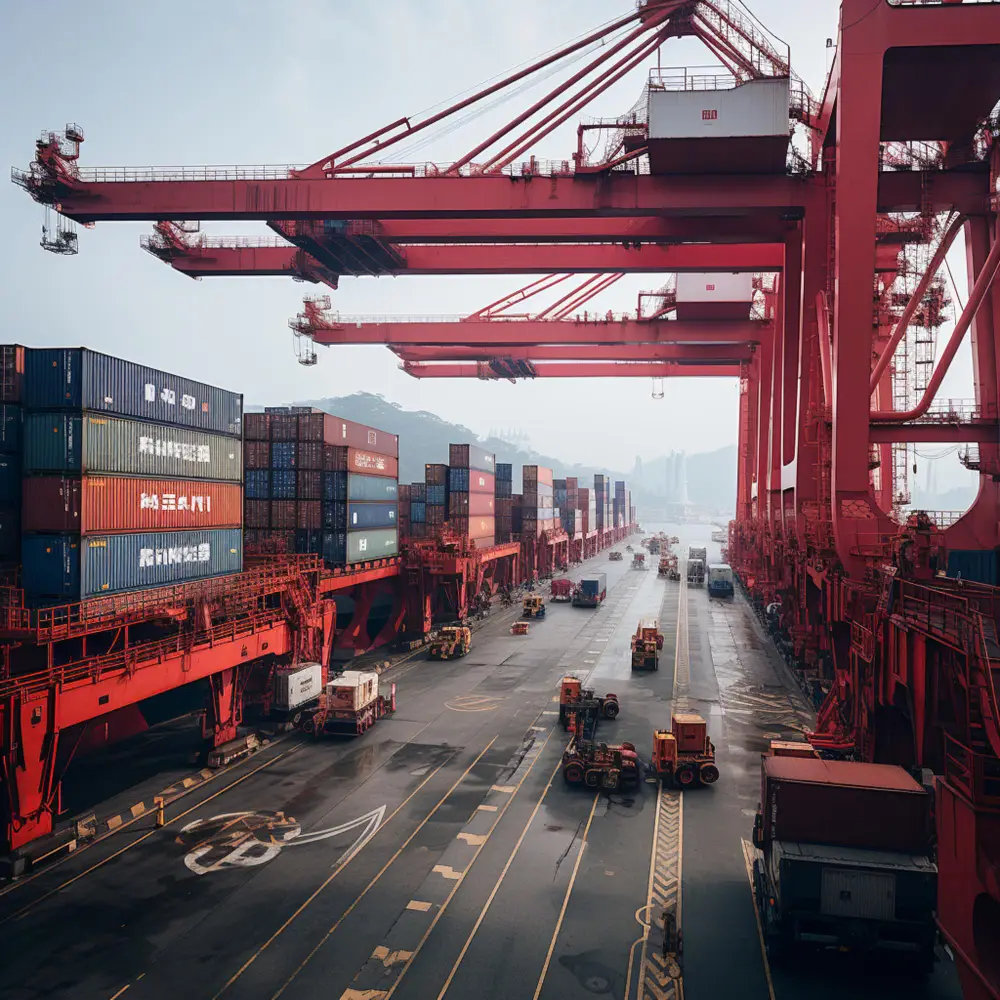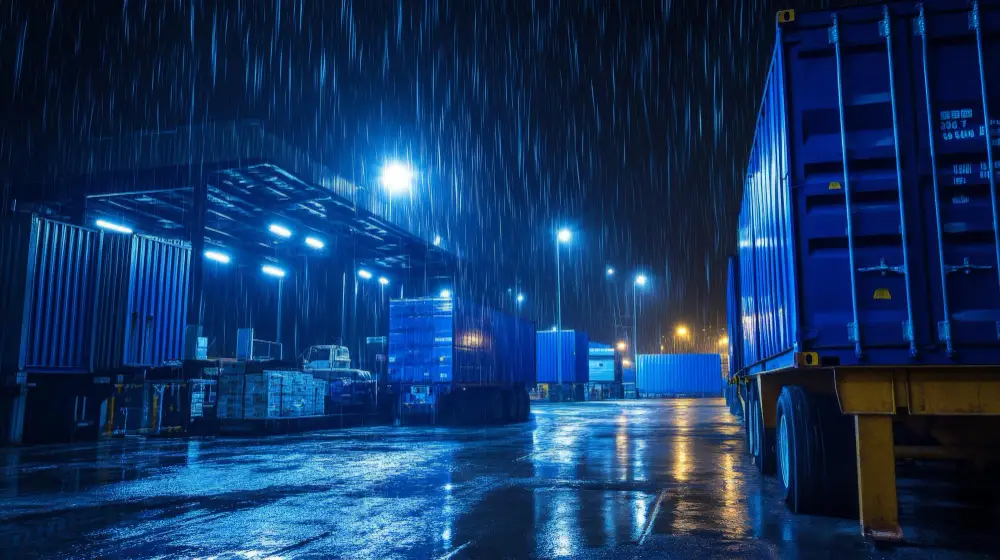
Sustainability is a term often used but needs to be understood fully. It represents an aspiration for a brighter future and a catalyst for present-day action. In cargo logistics, this aspiration is revolutionizing long-standing practices that must be more flexible and resistant to change. Just as the wind gradually moulds landscapes, sustainability is altering the fundamental structure of the logistics sector. Here’s how:
The New Age of Fuel Efficiency
Logistics sustainability frequently starts with primary actions, such as changing fuel usage. By adopting alternative fuels, hybrid engines, and electric vehicles, logistics firms are redefining their contribution to environmental conservation. They are not simply transporting goods; they are committing to the planet.
Eco-Friendly Packaging SolutionsThe significance of packaging in sustainable logistics has shifted from being ignored to taking on a central role. Its purpose has evolved beyond safeguarding the product and encompasses safeguarding the environment. Introducing biodegradable materials and reusable packaging systems reflects that even small efforts contribute to the greater good. It’s parallel to educating each other to show concern for the product and the planet that supports it.
Optimizing Routes and Reducing Waste
Streamlining logistics routes minimizes waste and improves effectiveness. Advanced AI and machine learning tools are now used to identify optimal routes, reducing fuel consumption and unnecessary mileage. The transportation process becomes as crucial as reaching the destination, emphasizing the significance of deliberate planning and implementation in all undertakings.
Circular Economy Initiatives
The idea of a circular economy reflects the principle that nothing should be wasted – all products and materials retain value even after their initial use. In the field of logistics, this means implementing practices such as repurposing old materials, renovating products, and reducing waste in the supply chain. It entails recognizing value in previously discarded items, similar to discovering profound significance in the often neglected parts of life.
Empowering the Workforce
The logistics industry also upholds sustainable principles in its treatment of workers. This entails promoting just labor practices, guaranteeing safe working environments, investing in ongoing employee education, and fostering a workforce dedicated to sustainability and efficiency.
As the logistics sector progresses, it becomes evident that sustainability is not a fad but a crucial requirement. It involves harmonizing present needs with future aspirations. The industry is realizing that every decision, route, and partnership can either bring us closer to a better world or lead us further from it. Sustainable practices serve as the guiding compass in this journey, ensuring that the industry stays on the right path for the benefit of future generations.

